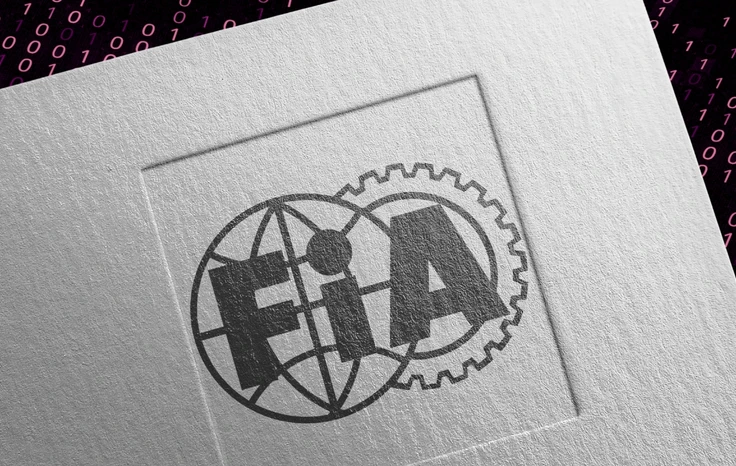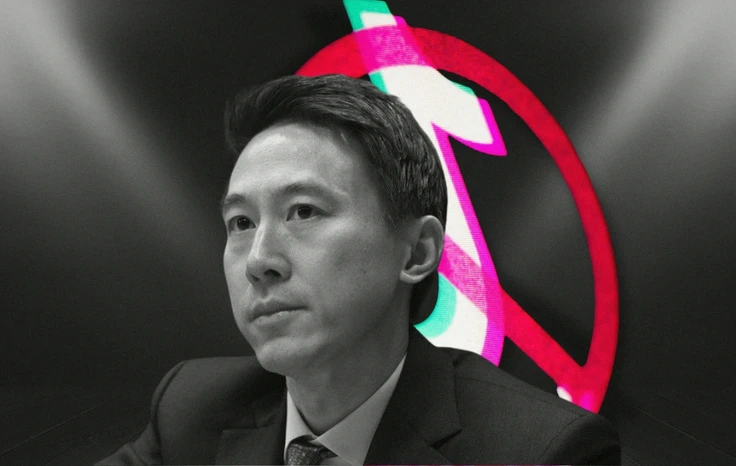Google's Emissions Rise by 48% as AI Demands Spike
5 Predictions for Nano Chip Technology in 2022
The use of RISC-V technology has opened up a range of possibilities for innovators from countries all over the globe to use, particularly given its open source nature. While this at first might seem to bring new opportunities, nano chip technology and, for that matter, chip technology as a whole has also created tension across the world in what people are dubbing as a 'chip arms race.'
The great semiconductor shortage which started in 2020 proceeds into the modern day, and with nano chip technology in such a high demand, organisations are globally facing new challenges. With a multitude of reasons for this shortage, including factories having lower outputs due to lockdowns and a rise in cobalt prices caused by much higher demands, we run down our five top predictions for nano chip technology in 2022.
China to Reach Another Record Year in VC Funding
Venture capital funding poured into China last year, making it reach a record breaking $130 billion through its startups. The primary way it did this was by investing in nano chip technology and semiconductors. While the USA also broke a record breaking year last year, analysts suggest that President Joe Biden will need over $52 billion in order to counter China.
Given how central semiconductors are becoming to new technology, China's ability to corner the market will surely bring them more business is the year goes on, thus allowing them to reach yet another record breaking year.
Semiconductor Shortage to Last Longer Than Expected
“Every aspect of human existence is becoming more digital… and everything digital runs on semiconductors,” says Intel CEO Patrick Gelsinger, which makes the current semiconductor shortage all the more intimidating. Gelsinger also predicts that this shortage might last longer than expected, and he may not be wrong.
Given that 70% of cobalt, an essential component for semiconductors, comes from Democratic Republic of the Congo and 60% of all semiconductors are created in Taiwan, one small interruption could make the shortage hard to recover from. Last year, the Democratic Republic of the Congo had talks to ban exports on cobalt concentrate due to the fact that many of the country's workers received little pay and they were not being provided with adequate resources to protect from climate change.
Semiconductors to Save Countries' Economies
The pandemic meant that many organisations weren't able to trade and export with other countries as easily, which led to a slowdown in economic growth for countries all over the globe. India, however, is using the demand for semiconductors to their advantage. Recently, India received proposals worth $20.5 billion from five companies to manufacture semiconductor fabs and display fabs.
For countries like India which have a huge technology base, the export of semiconductors and nano chip technology could well be their way of recovering from the pandemic. After all, there is a reason that India is the fastest growing economy in the world.
Increasingly Heavy Demands on Chip Manufacturers
Facebook's change to Meta last year surprised, confused and alienated many people within the tech sphere, however the most concerning thing about it is that parts of it might actually be impossible to build. If a world where billions of people can access a metaverse on their phone sounds unrealistic that's because, well, it is. Intel's Raja Koduri noted:
“Truly persistent and immersive computing, at scale and accessible by billions of humans in real time, will require even more: a 1,000-times increase in computational efficiency from today’s state of the art.”
This puts a much greater demand on chip manufacturers and semiconductors, thus providing even greater problems for startups that are looking to build new software within the metaverse. Beyond this, a push to improve the abilities of semiconductors suggests potentially disastrous environmental consequences.
New Regulations and Acts from Government Bodies
The EU Chips Act was recently initiated in Belgium in order to help fight against any potential supply chain shortages that have plagued the tech sector since the start of the pandemic. According to the European Commission website,
"It will mobilise more than €43 billion euros of public and private investments and set measures to prevent, prepare, anticipate and swiftly respond to any future supply chains disruption, together with Member States and our international partners."
One can only expect other government bodies to follow suit, particularly those that are trying to get ahead in the chip arms race.



























